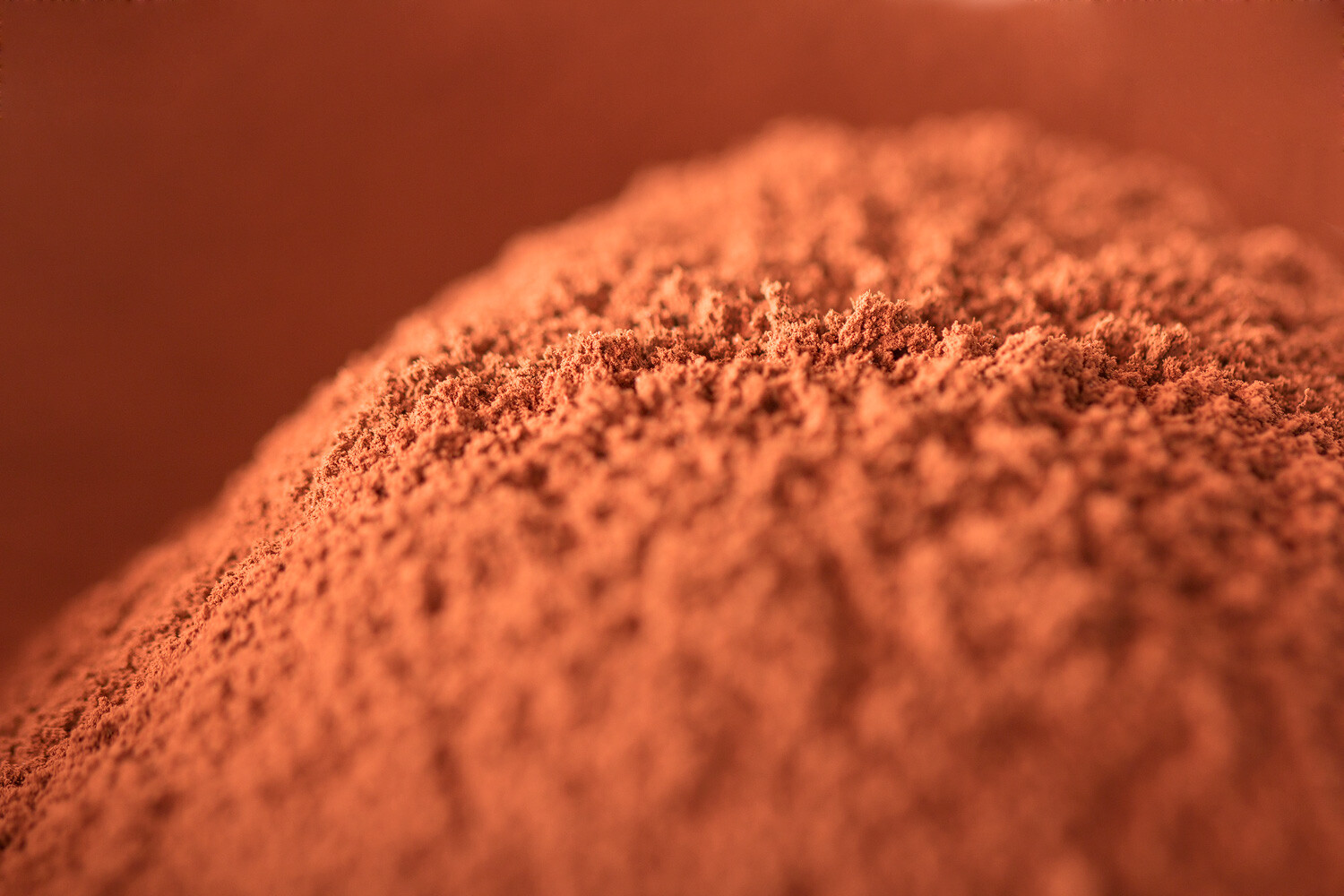Johnson & Johnson Talcum Powder Lawsuits
Women regularly use talcum powder as a hygiene-related product. Unfortunately, thousands of plaintiffs allege that Johnson & Johnson’s talcum powder products caused them to develop fatal ovarian cancer.

What are Johnson & Johnson talcum powder lawsuits?
Johnson & Johnson talcum powder lawsuits are being litigated in all 50 states. These lawsuits claim that baby powder products sold and distributed by Johnson & Johnson have led to ovarian cancer developing in women who used the products. Studies have tied talcum powder to ovarian cancer risks as early as the 1970s, but recent data is far more conclusive.
Scientific evidence dating back to 1971 shows that talc-based baby powder, when applied to female genitalia, results in a 30% greater risk of ovarian cancer. Women who used the powders for long periods were at even greater risk. This is because talcum powder is not easily broken down by the body.
Rather than being broken down and redistributed into waste, talcum powder travels through the vagina, the uterus, the fallopian tubes, and the ovaries. The talc is then embedded in the walls of the ovaries, potentially causing irritation and eventually cancer. When health complications arise, a lawsuit may be in order.
History of Johnson & Johnson Talcum Powder Lawsuits
The International Agency for Research on Cancer recognized talc as a potential cancer-causing chemical in 2006. Though, attorneys believe that talcum manufacturers have been aware of the carcinogenic nature of talcum powder for more than forty years. Many claim that these companies chose not to warn women of these risks in order to maximize profits.
Thousands of talcum powder lawsuits are currently being litigated, with some already reaching their conclusion. To have your case properly advocated for, hire a professional attorney.
FDA Comments on Talcum Powder
The FDA has been heavily involved in the testing of talcum powder from various suppliers. Between 2009 and 2010, they conducted several studies on the substance, primarily searching for signs that the product was a public health concern due to the presence of asbestos. Although the FDA did not find any asbestos, they are currently in the process of studying the effects of talcum powder.
Unfortunately, talcum powder is considered cosmetic and therefore does not require FDA approval to be sold. Fortunately, the law that governs the FDA does leave space for the FDA to regulate cosmetics. Therefore, if conclusive evidence is found showing that talc is indeed dangerous, the products may be further regulated.
Joining a class action lawsuit
You may have heard of class action lawsuits before; they generally have a reputation for moving very slowly and offering limited compensation and involvement for plaintiffs. Fortunately, Talcum Powder lawsuits are not class action. Instead, they are being litigated as multi-district litigation (MDL). While there are similarities, plaintiffs in MDLs have far greater ability to maintain their own lawsuit while remaining part of the larger litigation. This is not an option with class action lawsuits, as they prioritize the interests of the class rather than the individual.
Talcum Powder Lawsuit Verdicts
There have been a number of favorable lawsuit verdicts in talcum powder cases. One primary example involves a Missouri jury awarding $4.69 billion to a group of 22 people who were diagnosed with ovarian cancer after proving that they had used baby powder products for extended periods. Other cases include a $110 million verdict and a $417 million verdict. There are many other examples, so do not hesitate to seek compensation from Johnson & Johnson for the harm they have done.




